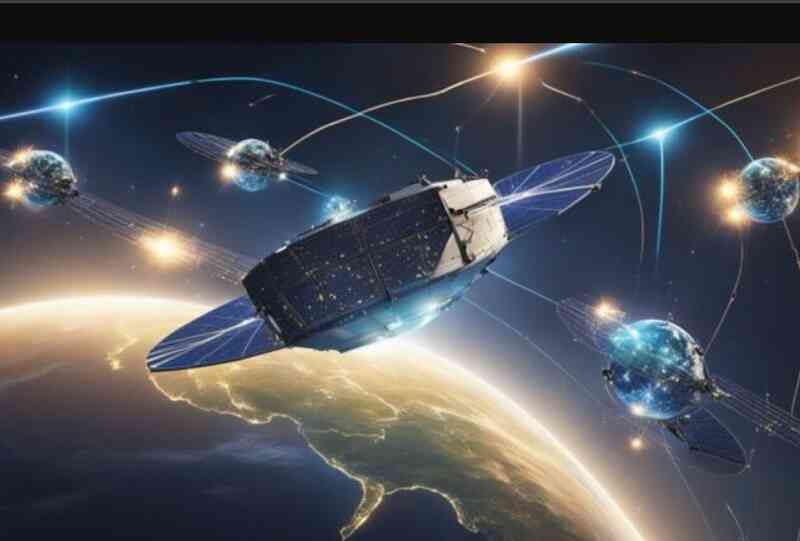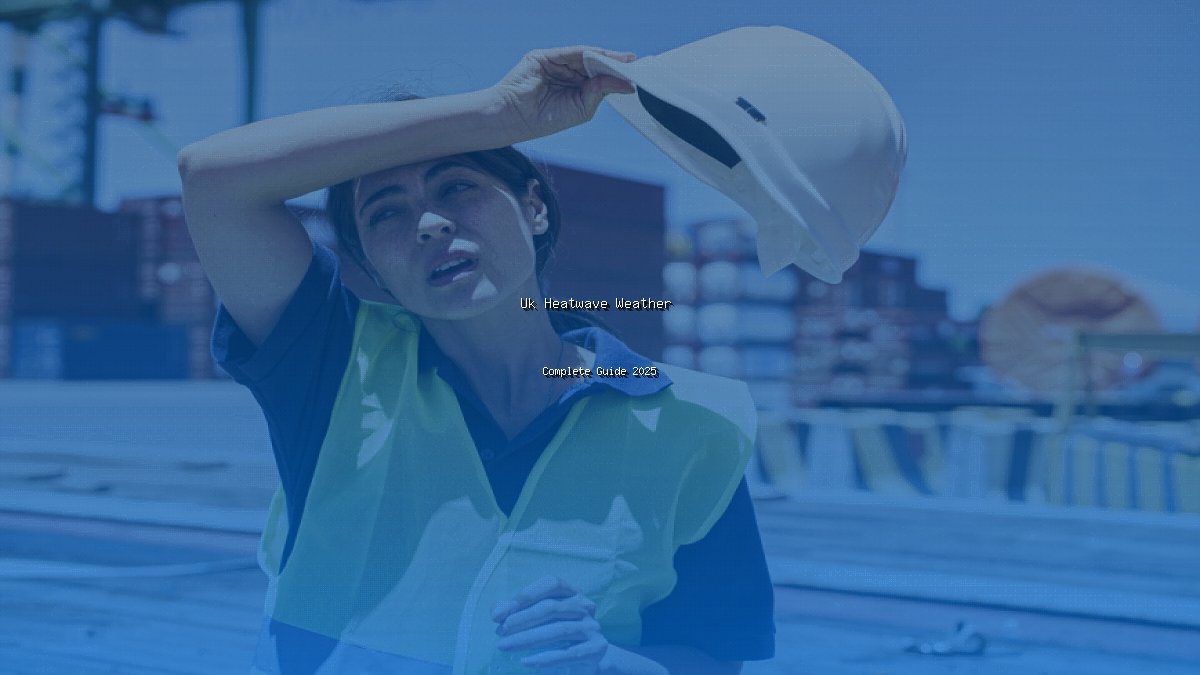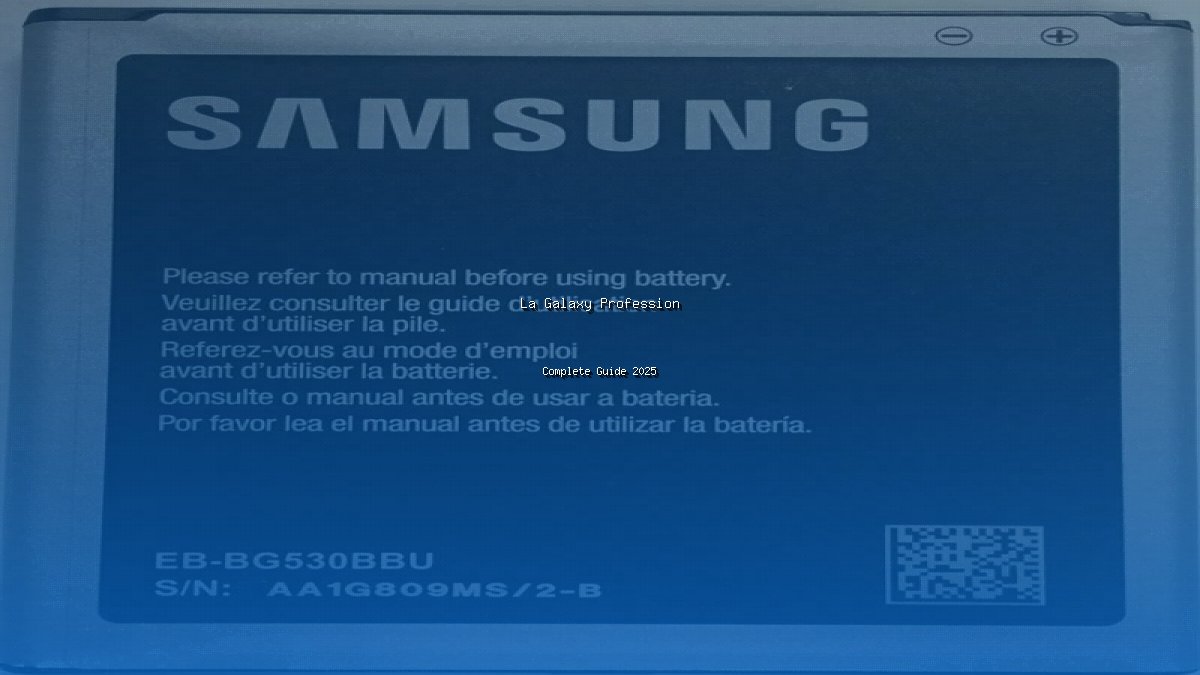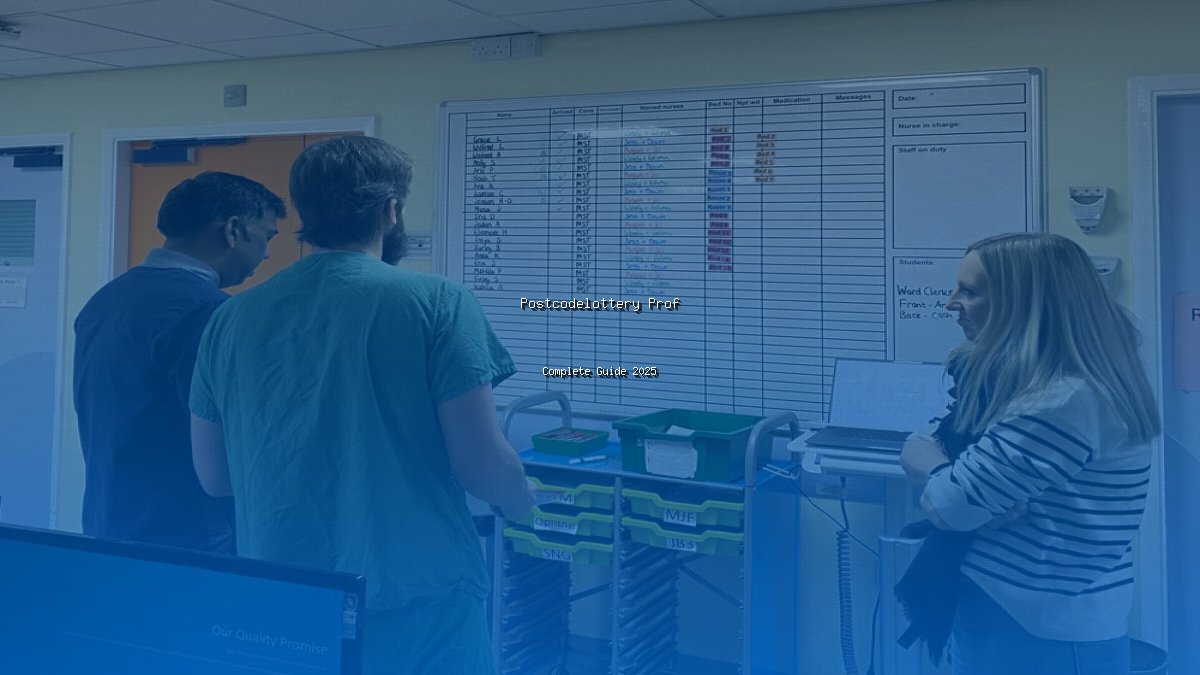Elon Musk’s Starlink Satellites to Revolutionize Mobile Coverage in the UK by 2025
- Update Time : 06:37:50 am, Monday, 9 December 2024
- / 269
Alright, imagine this—Musk’s big “connect the world” idea is leveling up again. Starlink, his shiny fleet of satellites (yeah, the ones you occasionally see photobombing stargazers), is about to swoop in and finally fill in the UK’s mobile dead zones. We’re talking those rural places where your phone signal is just… sadness. The ball gets rolling as soon as 2025, ‘cause UK telecom folks at Ofcom just gave the nod.
So, what’s the deal with Starlink? It’s basically SpaceX’s answer to “What if Wi-Fi but from space?” Instead of giant, ugly phone masts peppered across fields, you get a whole bunch of satellites zooming just above Earth, showering internet straight down to devices—phones, laptops, even that tablet you never use. Boom. Suddenly, middle-of-nowhere Wales gets bars.
Here’s what Ofcom’s cooking up: they want to open up UK airwaves to let your phone talk directly to satellites, totally skipping the usual mobile towers. Why? Some places are too hilly, too remote, or just too empty for regular telecom companies to bother setting up towers (guess sheep need TikTok too). With satellites, suddenly all those “sorry, no service” spots could be covered.
Numbers? Right now, you’ve got 93% of the UK on 4G, but only 72% gets all four major networks. If you’re stuck outside that, good luck. So, Starlink—and its rivals, like Amazon’s Kuiper and Lynk Global—are in the mix, hoping to plaster over those pesky blank spots on the coverage map.
Honestly, Starlink’s already doing numbers in the UK. Last year, over 87,000 homes here jumped on the space-internet wagon, mostly because rural broadband options are, let’s say, grim. Now, they’re kicking the tires on turning this setup into a proper mobile signal, not just Wi-Fi. If that works, forget a world where anyone has to wave their phone above their heads hunting for a single bar.
Major telecom players aren’t sleeping on this. EE? They’re already running trials with Starlink. Virgin Media O2? Same deal. Actually connecting rural towers with satellites. Think faster Internet for that one village shop stocking out-of-date crisps. Vodafone’s off flirting with Amazon’s Kuiper—you get the idea, everyone’s inviting satellites to the party.
Big plus: emergencies. With this tech, you could make calls or send texts even when your nearest “tower” is a cow. That’s kinda huge, especially if you’re stranded or the weather’s gone full British apocalypse. They’ve trialed stuff like this in the US during hurricanes—Starlink helped ping emergency texts when regular networks folded. Honestly, can’t argue with that.
Now, not to be a downer, but—space junk’s a thing. SpaceX already threw up almost 7,000 Starlinks, with plans for tens of thousands more. Might get a bit crowded up there. We’re talking higher odds of “satellite fender benders” and astronomers wagging fingers ‘cause their telescopes catch more Musk than Mars.
SpaceX says, don’t stress—they’ll let dead satellites drop and burn up in the atmosphere. Still, people are debating. World gets fast internet, but the sky might never look the same. Trade-offs, right?
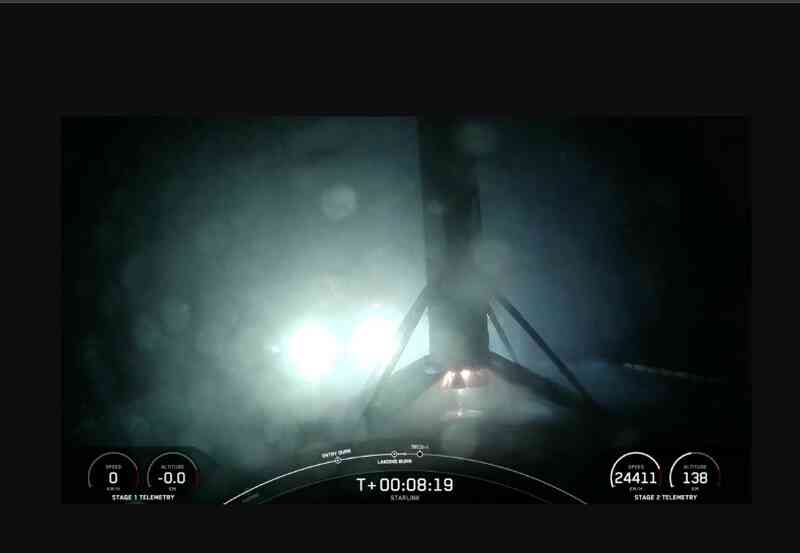
Musk’s Global Ambitions: What’s Next for Starlink?
Alright, so here’s the deal with Musk and Starlink—he’s not just messing around trying to fix dead zones in the UK. Dude wants the *entire* planet covered in internet, from tiny villages in Mongolia to that random research lab in Antarctica. Actually, you could probably stream Netflix from the top of a volcano if he gets his way. And he won’t stop there. People keep talking about self-driving cars and smart cities like they’re wild science fiction—eh, not so much, it’s more like Musk’s weekend project now. The guy’s basically building Wi-Fi for your robot car, your AI fridge, and probably your future Mars vacation home.
Mars? Yeah, Mars. Because of course he’s not just chilling on Earth like the rest of us. The man has actual plans for turning Starlink into the internet backbone for his little red planet colony. I mean, why stop at one world-wide-web when you could have an interplanetary one?
The Future of Satellite-Based Mobile Networks
Fast forward a couple years and phone makers might tell you to toss your current network. Companies like Starlink, and Amazon’s trying to get in on this too with Project Kuiper, are planning to bounce your texts and TikToks off satellites instead of those old cell towers. So if you’ve ever lost the signal hiking in the Scottish Highlands or stuck in a cabin in Norway, you’d finally be able to upload yet another blurry sunset photo—because that’s what the world truly needs, right?
Even the government regulator folks (looking at you, Ofcom) are testing the waters. If they play ball, rural coverage in the UK isn’t just going to get better—it’ll go full-on, Star Trek-level everywhere. No more, “Sorry mate, can’t hear you—I’m in the middle of nowhere.” There won’t be a “middle of nowhere” anymore.
A New Era for Connectivity
Honestly, Starlink satellites aren’t just flipping our internet upside down—they’re changing the whole vibe of what “being connected” even means. Ofcom’s moving toward letting satellites beam signals down anywhere in the UK, even the bits where sheep outnumber people ten-to-one. Musk reckons he’ll hit the most far-flung British villages by 2025, which sounds nuts, but if anyone’s going to pull it off, it’s the guy who put a car in space.
Whether it’s getting decent cell coverage out in the wild, making emergency calls from a mountain, or just doomscrolling from places with more cows than humans—this satellite tech is about to change the game, not just for the UK, but everywhere. The future’s looking…well, pretty connected. Mars included.


